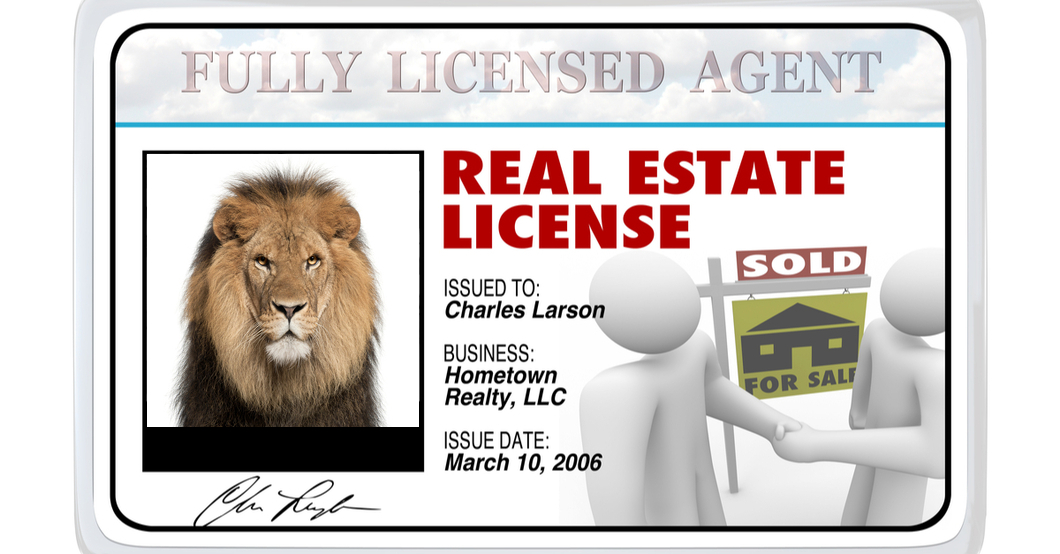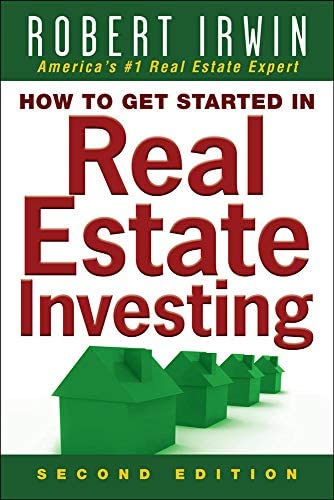
Before you can get started in real estate, it is necessary to obtain a California license. There are some steps you should take. These include sending a fingerprint card to the Bureau of Real Estate. You will then need to enroll in a school that offers real-estate training.
California courses required for obtaining a real-estate license
First, you must complete the required pre-license courses in order to obtain a California license. These courses must be taken at an accredited college or university. The Department of Real Estate maintains an accreditation list. Alternately, classes can be taken online. But, it is important to be aware that there are time and financial requirements.
All courses must be approved by the Department of Real Estate of the state. AceableAgent, an accredited online real estate school in California, is approved. The courses are updated regularly and are often available at discount rates. It can be difficult for students to comprehend the course material and some find it time-consuming.

Exam pass rate
There are many different ways to study for the real estate license exam. You are crucial to your success in choosing the right program. Make sure you enroll in the most comprehensive program available. You should also be able to take practice tests and quizzes as well as prepare for the written exam. You may also find audio and video courses in some programs.
Many real estate schools boast high pass rates. CE Shop boasts an impressive 91% pass rate. The courses they offer are updated with the most recent information. You may also find discounted courses. It is important to be aware of the fact that some course materials are difficult to understand. Students report finding the course materials too complicated.
Pre-licensing requirements
A pre-licensing class is the first step to obtaining a California real estate license. There are many online courses that can help you prepare for the real exam. A good prep course will also include additional study resources and provide real-world scenarios.
California requires that you complete at least one course in pre-licensing and 135 hours related coursework. On the California Department of Real Estate’s website, you can see how many hours of training you need.

School requirements
California requires that students complete at least one year in education before they can obtain a real estate license. A minimum of two core courses must be completed, totaling 135 hours. Real Estate Principles, which covers ethics and real-estate law, is the first. The second course is about contracts, escrow and financing. Students must also complete a listing course.
In addition to the core courses, students must complete a background check through a live scan of their criminal records. Failure to disclose a criminal past may result in denial of a license. Many schools offer additional resources for students who wish to prepare for the state exam.
FAQ
What are some of the disadvantages of a fixed mortgage rate?
Fixed-rate loans are more expensive than adjustable-rate mortgages because they have higher initial costs. A steep loss could also occur if you sell your home before the term ends due to the difference in the sale price and outstanding balance.
What are the key factors to consider when you invest in real estate?
The first thing to do is ensure you have enough money to invest in real estate. If you don’t have the money to invest in real estate, you can borrow money from a bank. Aside from making sure that you aren't in debt, it is also important to know that defaulting on a loan will result in you not being able to repay the amount you borrowed.
You also need to make sure that you know how much you can spend on an investment property each month. This amount should include mortgage payments, taxes, insurance and maintenance costs.
Also, make sure that you have a safe area to invest in property. It is best to live elsewhere while you look at properties.
Do I need flood insurance
Flood Insurance covers flooding-related damages. Flood insurance protects your possessions and your mortgage payments. Learn more information about flood insurance.
How much money can I get to buy my house?
This can vary greatly depending on many factors like the condition of your house and how long it's been on the market. The average selling price for a home in the US is $203,000, according to Zillow.com. This
Can I get another mortgage?
Yes. However it is best to seek the advice of a professional to determine if you should apply. A second mortgage can be used to consolidate debts or for home improvements.
Statistics
- This means that all of your housing-related expenses each month do not exceed 43% of your monthly income. (fortunebuilders.com)
- This seems to be a more popular trend as the U.S. Census Bureau reports the homeownership rate was around 65% last year. (fortunebuilders.com)
- It's possible to get approved for an FHA loan with a credit score as low as 580 and a down payment of 3.5% or a credit score as low as 500 and a 10% down payment.5 Specialty mortgage loans are loans that don't fit into the conventional or FHA loan categories. (investopedia.com)
- Private mortgage insurance may be required for conventional loans when the borrower puts less than 20% down.4 FHA loans are mortgage loans issued by private lenders and backed by the federal government. (investopedia.com)
- Based on your credit scores and other financial details, your lender offers you a 3.5% interest rate on loan. (investopedia.com)
External Links
How To
How to locate an apartment
The first step in moving to a new location is to find an apartment. This takes planning and research. This involves researching neighborhoods, looking at reviews and calling people. You have many options. Some are more difficult than others. Before you rent an apartment, consider these steps.
-
Data can be collected offline or online for research into neighborhoods. Online resources include Yelp. Zillow. Trulia. Realtor.com. Local newspapers, real estate agents and landlords are all offline sources.
-
See reviews about the place you are interested in moving to. Review sites like Yelp, TripAdvisor, and Amazon have detailed reviews of apartments and houses. You can also find local newspapers and visit your local library.
-
Call the local residents to find out more about the area. Talk to those who have lived there. Ask them what the best and worst things about the area. Ask if they have any suggestions for great places to live.
-
You should consider the rent costs in the area you are interested. Consider renting somewhere that is less expensive if food is your main concern. However, if you intend to spend a lot of money on entertainment then it might be worth considering living in a more costly location.
-
Find out about the apartment complex you'd like to move in. How big is the apartment complex? What price is it? Is it pet friendly What amenities are there? Do you need parking, or can you park nearby? Are there any special rules for tenants?